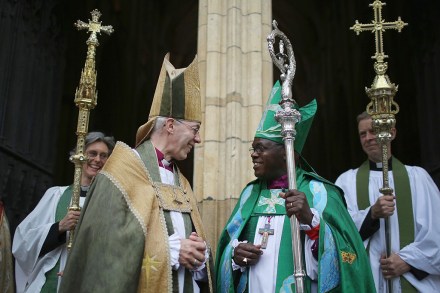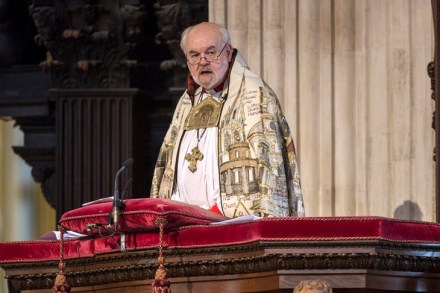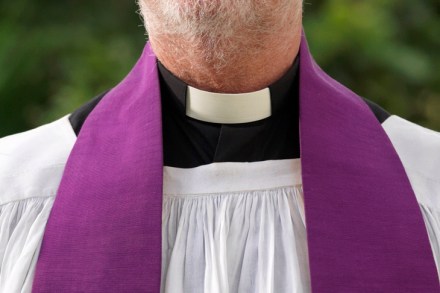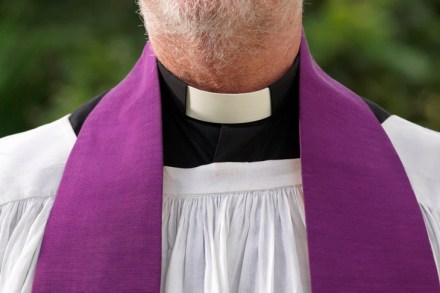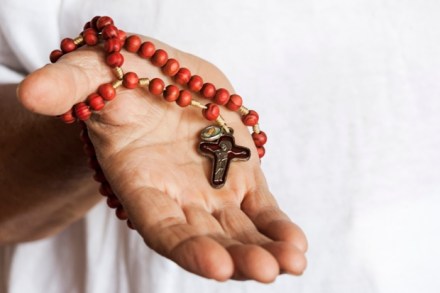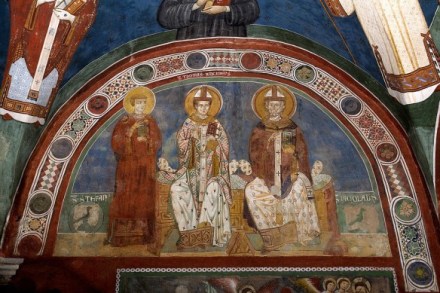In defence of the Church of England
The Algerian government’s official tourist guide describes ‘the walled town of Beni Isguen — normally closed to foreigners — where the women, clad entirely in white, reveal only one eye to the outside world’. Rod Dreher’s Easter call to devout Christians to separate themselves as a community from what he believes to be the degeneracy of our western culture puts me in mind of that sad, disturbing place. Beni Isguen is one of the oasis towns near Ghardaia in southern Algeria. I visited many years ago and can be sure there has been little change since, for the community has clung to unchanging and uniting beliefs for hundreds of years.
